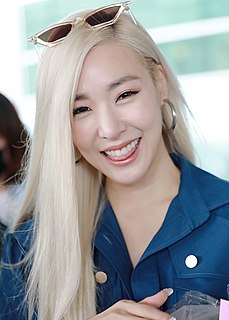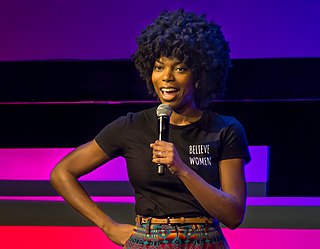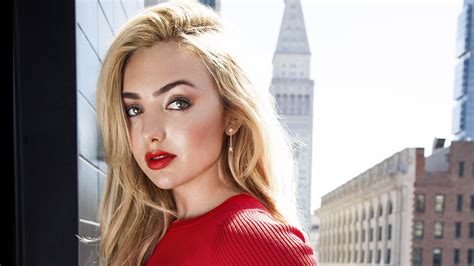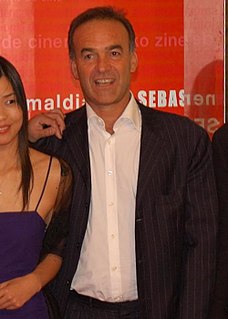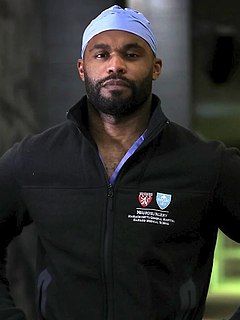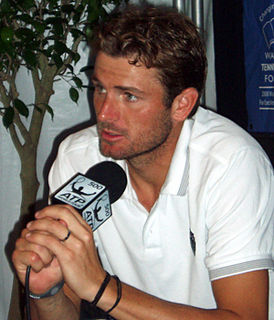A Quote by Franchesca Ramsey
YouTube is an amazing platform to talk about social issues because it gives people the ability to tell their own stories and reach audience around the world who may otherwise never be exposed to these people and conversations.
Related Quotes
I think the beauty of the Internet is that it's giving a lot of people the opportunity to reach people around the world that they never would have been able to, and for people to tell their own stories where they don't see themselves reflected in mainstream media, or the media is misrepresenting the truth, right.
Right now we have millions of people in our country who are suffering in isolation, thinking that they are the only ones who are dealing with drug addiction, who don't realize that on their own block there are other people and families. They think they're alone and they think they're going to be judged and they don't want to talk about it. But when people do come forward and share their stories it's incredibly liberating, and it gives other people permission to tell their stories too.
Music documentaries are hard to tell, but I think they're an amazing vehicle to look at racism, our attitude to sex, the way we judge drugs. There's the ability to get a big audience because of these incredible, iconic, charismatic people. You can look at a number of issues - the challenge is to make sure you choose something that has all those issues. Popular music is like a mirror of culture, of who we are.
To educate is really the most important thing. To try to reach people that have never understood mental health or had issues with it or people around them who have had issues with it. To just educate them and just understand that Naomi Osaka is not going to pull out of the French Open just because she doesn't want to talk to the press.
Each of us is comprised of stories, stories not only about ourselves but stories about ancestors we never knew and people we've never met. We have stories we love to tell and stories we have never told anyone. The extent to which others know us is determined by the stories we choose to share. We extend a deep trust to someone when we say, "I'm going to tell you something I've never told anyone." Sharing stories creates trust because through stories we come to a recognition of how much we have in common.

